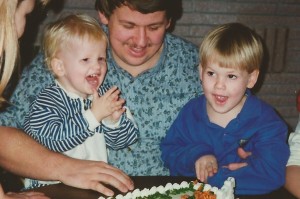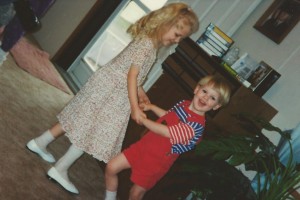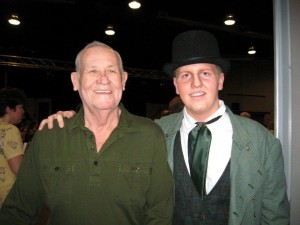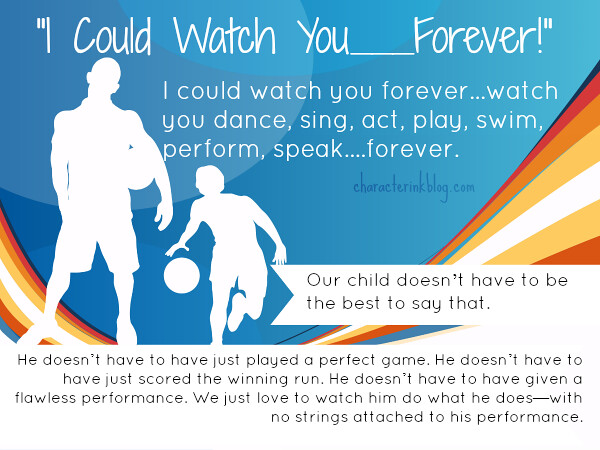Affirmation. Words of encouragement. Words of praise. Words of confirmation. Words of affection. Words of pride. Words of belonging. These all describe that one word–affirmation.
I recently read an article about a study of hundreds of college athletes that lasted over three decades. In this article, “What Makes a Nightmare Sports Parent and What Makes a Great One.” these college athletes described two things that are poignant for parents of all children, including non-athletes.
The first question they answered was “What is your worst memory from playing youth and high school sports?”
The majority of those surveyed said, “The ride home from games with my parents.”
(If you have read much of what we have written or heard us speak often, you know that we focus on riding with our children in the van or car as one of the key opportunities to teach, affirm, talk, love, and train. It breaks my heart that this “sacred time” is remembered as one of the most dreadful times for these hundreds of athletes.)
Of course, we can all imagine why–because there probably isn’t a parent reading this (author included) who hasn’t come down on a child on the drive home from something about his performance–teacher conferences, speech contest, debate tournament, soccer game, swim meet, even pick-up basketball games are all opportunities to “teach” our child what he did “wrong” in the aforementioned event.
 My husband, who is truly the best dad I know, one who talks to his kids on the phone and in person quite literally hours every day, even does this, so I know it is hard to conquer. And it isn’t always the parent’s fault either–as I know our kids usually probe on the way home from a performance, sermon, or song. They ask us questions that make us feel like we should be “teaching” at that time.
My husband, who is truly the best dad I know, one who talks to his kids on the phone and in person quite literally hours every day, even does this, so I know it is hard to conquer. And it isn’t always the parent’s fault either–as I know our kids usually probe on the way home from a performance, sermon, or song. They ask us questions that make us feel like we should be “teaching” at that time.
However, we really need to resist the urge to teach at that time. My experience has been that they ask and ask, but they really don’t want a lesson. They really just want to hear the positive at that time. I have to remind myself that there will be time for teaching and lessons later–when the performance, sermon, or song isn’t so fresh.
The study went on to prove this point further by telling how the kids described their joy over grandparents attending their sporting events. It seems that grandparents are more likely to watch, cheer, and then praise–with no lessons or strings attached.
Turning from the negative and what not-to-do, to the positive, these same athletes were asked what their parents did right–what made them feel good about themselves and their performances. The majority of them said that they were filled with joy when their parents simply said six little words:
“I love to watch you play.”
No lessons, lectures, or analyses. Just six simple words that made hundreds of college and professional athletes look back on their time following sporting events with their parents fondly.
And six little words that we can use to affirm our children all the time.
I was happy to read this article because one of my favorite buzz lines after my kids perform is
I could watch you _________________ forever.
I could watch you dance forever. I could watch you sing forever. I could watch you preach forever. I could watch you teach forever. I could watch you act forever. I could watch you direct forever. I could watch you lead forever. I could watch you play forever. I could watch you study forever.
The thing about these lines—I love to watch you…. or I could watch you ….. forever—is that our child doesn’t have to be the best to say these things. He doesn’t have to have just played a perfect game. He doesn’t have to have just scored the winning run. He doesn’t have to have given a flawless performance.
 He is our child. We love to watch him grow, do, be, become. We are saying that the child is so amazing to us–without being the gold medal winner. We are saying that he is important. That we want to be with him. That we love to watch him do what he loves to do.
He is our child. We love to watch him grow, do, be, become. We are saying that the child is so amazing to us–without being the gold medal winner. We are saying that he is important. That we want to be with him. That we love to watch him do what he loves to do.
We are affirming. With six little words.
I love to watch you….







